#apple
QOTD: Will Foxconn Make Fisker's PEARs?
Foxconn, also known as Hon Hai Technology Group, announced that it signed a development and manufacturing agreement with Fisker. Foxconn is one of the world’s largest electronics manufacturers and the producer of Apple’s iPhone.
Korean Automakers Say Apple Deal Isn't Happening
Over the weekend, Hyundai Motor Group addressed rumors that Kia had been in negotiations to build an electric vehicle for Apple. While the scuttlebutt seems to have been true, talks were indeed underway, the automaker confessed that they had ended without an agreement.
It’s known that Apple has been hunting for potential partners after its EV program was placed into an extended stasis and was hoping to gain access to a skateboard-type platform. Hyundai’s E-GMP architecture certainly qualifies, too. But it’s just one of many entities entering the field as most manufacturers strive to build their own.
Apple Rumored to Invest Billions Into Kia Motors
While partnering with other industries is essential for the automotive sector, the last few years has shown most nameplates cozying up with the dominant tech firms at a breakneck pace. Just this week, we learned that Ford will be equipping future models with the Android operating system (courtesy of Google) and it wasn’t long before that we were discussing BMW’s arrangement to integrate its business with Amazon Could Services. Even Taiwan’s Foxconn has shown itself willing to get involved with China’s Zhejiang Geely Holding Group — which owns Volvo Cars, Geely Automotive, Lynk & Co, Proton, Lotus Cars, London Electric Vehicle Company, and more.
Now, rumors are swirling that Apple is about to make a gigantic investment into Kia Motors after Korean outlet Dong-a Ilbo (The East Asia Daily) reported that the duo had plans to manufacturer vehicles at the automaker’s American facility in Georgia. The paper stated that tech giant was readying an estimated 4 trillion won ($3.6 billion USD) investment in exchange for Kia building 100,000 electric vehicles per year. However, the mere suggestion has already made Kia money by boosting its share price by over 15 percent on Tuesday.
Apple ICar: The Next Big Thing?
Apple has targeted 2024 to produce a passenger vehicle that could include proprietary self-driving and battery technologies, according to Reuters.
Apple Patent Application Detects Cracked Windshields
If you’re doing any kind of regular driving, it’s likely a matter of time before you’ll find yourself confronting a cracked windshield. Maybe a stray rock chips the glass and it spiders out as the car is heat cycled through the winter or perhaps an errant baseball does some real damage during a summer afternoon catch with the family. There is a multitude of reasons but only one outcome — pure, unadulterated rage leading into some mental math as you ask yourself how long you might be able to get away with it going unfixed.
Well, those days may soon be over (minus the rage) because Apple filed a patent application earlier this month that describes a system that would monitor the resistance of a conductive film placed inside/against a sheet of laminated glass.
Would-be Apple-Tesla Deal Kiboshed by Musk, Report Claims
In what kind of shape would Tesla find itself today if tech giant Apple had acquired the automaker in 2013? That’s a question for analysts to ponder in their off hours, as Apple’s reported offer went nowhere.
Craig Irwin, an analyst at Roth Capital Partners, claims specific knowledge of the failed bid, telling CNBC that Apple wished to acquire Tesla for $240 a share — a higher price than the automaker’s stock currently trades at.
How Is Apple's Autonomous Vehicle Program Doing, You Ask?
Back in 2015, it was rumored that Apple was sinking significant resources and manpower into an electric vehicle program that also incorporated autonomous driving. But updates on “Project Titan” have been infrequent. Apple takes pains to keep its self-driving program under wraps.
There are, however, ways to track its progress. Since Apple tests its vehicles in California, it must submit an annual report to the state’s Department of Motor Vehicles outlining how many times human safety drivers retake control or interfere with the vehicle’s self-driving systems, as well as a tally of total miles driven.
Based on this metric alone, Waymo appears to be the industry leader, with “disengagements” occuring every 11,000 miles. General Motors’ Cruise came in second with roughly 5,200 miles between periods of human intervention. But what about Apple? Apparently, the firm is facing some rather strong headwinds. The company claims a human had to retake control every 1.1 miles.
Apple Co-Founder Claims Self-driving Isn't Realistic, Sick of Lies
Apple co-founder Steve Wozniak may no longer work for the company in any official capacity, but he has stayed on as a tech advisor and sounding board. When the Woz says something it usually isn’t without merit, which is why it was interesting to learn he thinks self-driving vehicles aren’t going to happen.
Previously, Apple was said to have hundreds of employees working on an electrified, autonomous vehicle as part of Project Titan. Despite having the necessary testing permits, the company shifted toward developing software for self-driving applications in 2016. CEO Tim Cook confirmed that was the firm’s new focus in 2017 but analysts and industry insiders have continued to claim the Apple Car is still quietly in development. Maybe someone should tell that to Wozniak because he seems to think the entire idea is bogus.
AV and EV Collide, Revealing Apple's Self-driving Car Program in Action
Accident reports sometimes reveal more than just who was at fault. A rear-end collision in Sunnyvale, California, last week was truly a product of our modern age — an electric car slamming into the back of what would have been a human-operated crossover, were it not owned by Apple.
While the iPhone maker abandoned its Project Titan self-driving car project in 2016, it didn’t leave the autonomous vehicle field altogether. The August 24th collision shows it.
Apple, Google, and Autonomous Driving: Way Mo' to This Than Meets the Eye?
Earlier this month, Apple and Google both announced plans to kill off their self-driving car projects in favor of focusing on developing the underlying technology. We reported it here. But it’s a little weird that one announcement came so close on the heels of the other. Apple’s Project Titan, formerly a self-driving car project, will presumably continue to compete with Google’s Waymo, which is a subsidiary for Google’s efforts thus far in the field. It’s a race, even if neither company has acknowledged it as such.
Last we knew, Project Titan was testing self-driving Lexus RX450h SUVs around Silicon Valley, which were first spotted in late April. Waymo was arguably more successful, since they’d actually succeeded in building a fleet of the Firefly self-driving car pod.
Apple and Google are both being vague about this change in plans, as usual, but we already know a fair amount about how these companies interact with auto manufacturers. We just need to look at Apple CarPlay and Android Auto smartphone integration. Some automakers eschew these systems entirely, in favor of their own native smartphone integration and infotainment interfaces. A handful of manufacturers have chosen to support just one or the other.
Many car brands, though, have decided to offer both interfaces to appeal to the most broad range of customers. In this way, Apple and Google both exert considerable influence on automakers based simply on the fact that they sell smartphones.
If Project Titan and Waymo both succeed at becoming functional and user-friendly self-driving car systems, car buyers can expect something similar.
Apple CEO Dubs Self-driving Car Program 'the Mother of All A.I. Projects'
Apple has been perpetually flip-flopping in terms of developing autonomous vehicles. In 2014, the company was rumored to have begun work on an autonomous electric car, codenamed “Project Titan,” with hundreds of employees devoted solely to its development.
Management issues and logistical problems impaired its progress, leading Apple to abandon the project. Since then, Bob Mansfield has fronted a renewed effort to focus on building an autonomous driving system rather than a complete car. At least, that was everyone’s best guess, as the company has been semi-secretive about its mission since day one.
That changed on Tuesday, when CEO Tim Cook confirmed that Apple does indeed have a self-driving development program. The chief executive even went so far as to call it “the mother of all A.I. projects.” That’s quite the claim to make, considering making the tech work on a car is half the battle and Apple has no practical experience building an autonomous vehicle.
Jaguar and Shell Partner for World's First In-Car Fuel Purchase System
New advancements at Jaguar keep on coming. In addition to the new Ingenium engine we reported on earlier today, Jaguar has also announced an in-car payment system for use exclusively at Shell stations.
Gassing up will soon be such a breeze for Jag owners, they’ll want to do it all the time. Shell no doubt encourages this behavior.
Apple Faces Class-Action Lawsuit Demanding It Block Users From Texting and Driving
Apple is facing a legal battle in California for neglecting to implement technology that would prevent iPhone owners from texting behind the wheel.
Filed on Tuesday in Los Angeles County Superior Court, the class-action suit alleges that Apple has possessed the ability to disable texting since 2008, and was granted a patent on it by U.S. Patent and Trademark Office in 2014. The lawsuit wants the company to stop all iPhone sales until it installs safety-oriented software on all devices — new and old — via an update.
SmartDeviceLink Introduces 'Target-Rich Environment' for Car Hackers
Ford, Mazda, Toyota, Subaru, PSA (Peugeot, etc.), and Suzuki are now part of an automotive alliance concerning your dashboard. The SmartDeviceLink Consortium, as they’re styling it, is apparently all about muscling around Google and Apple’s forays into the automobile, and is based on Ford’s existing “AppLink” software project, which has been around for several years.
I’ve written about smart dashboards before for TTAC. Particularly, in 2013 after Apple’s original announcement, I was amazed automakers were willing to cede so much control over the precious dashboard real estate. I later noted people are likely to be more loyal to their phones than cars and to make buying decisions around what cars support their phones “properly,” especially because Apple and Google fundamentally know a lot more about you and can do a much better job of knowing what you want to listen to and where you want to go.
But what exactly is the SmartDeviceLink Consortium all about? You might think it sounds like it’s a rejection of your smartphone driving the screen in your car, as with Android Auto and Apple CarPlay. Curious as to what was really going on, I then dug into the giant pile of software and specifications they’ve posted on Github. What’s really going on here isn’t as much in opposition to what Google and Apple are up to as it’s an attempt to standardize it and refactor it.
Silicon Valley Discovers 'Making a Car is Hard'
Every now and then, a critical mass of clever, ambitious folks excited about a particularly good idea coalesces, often in a particular geographic region, and humanity gets lucky. The American colonies in the late 18th century and Detroit in the early 20th century are historical examples. Silicon Valley, starting in the 1980s, is probably our best contemporary example.
In recent years, those modern titans of technology have turned their futurist eyes towards personal transportation. Whether explicitly or in sotto voce tones, they’ve indicated that the traditional auto industry personified as “Detroit” was a dinosaur about to go extinct. Not knowing the auto industry metaphor of becoming an obsolete buggy whip manufacturer, the tech industry saw Detroit’s future as “making handsets” — i.e. low tech assemblers.
Tesla was going to show us the new electron driven future, Google was going to make cars that drove themselves, and the Apple of the tech world’s eye was going to do nothing less than completely reinvent the automobile, just as it had done with music players and telephones. The push towards self-driving, autonomous cars and trucks was only going to accelerate the ascendancy of Silicon Valley as the new Motor City.
Just because you’re good at one thing, however, doesn’t mean you’re good at another.



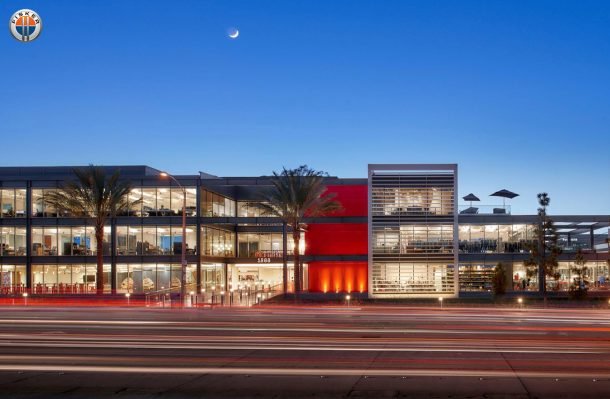
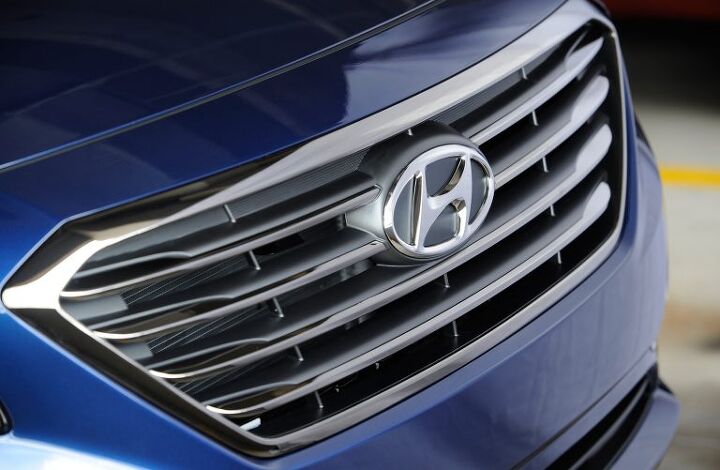
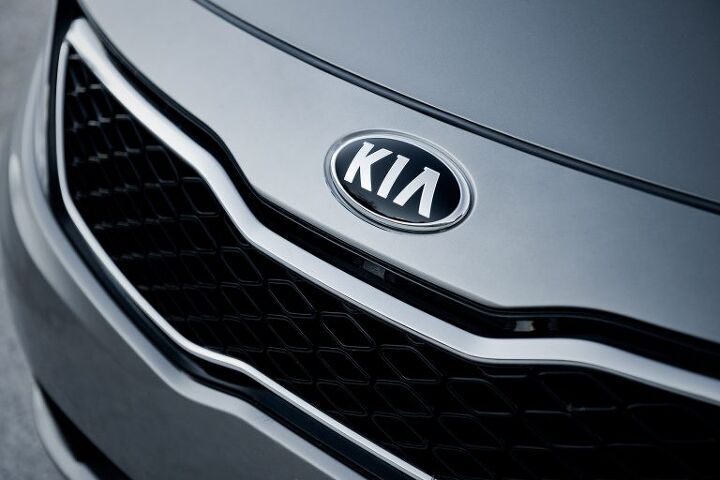




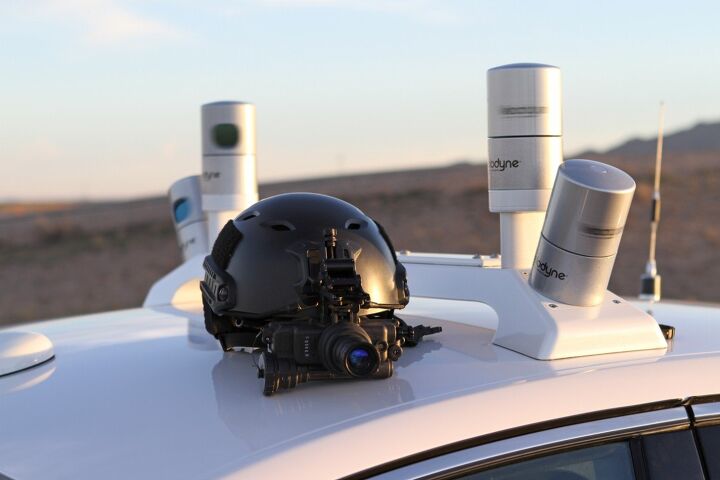
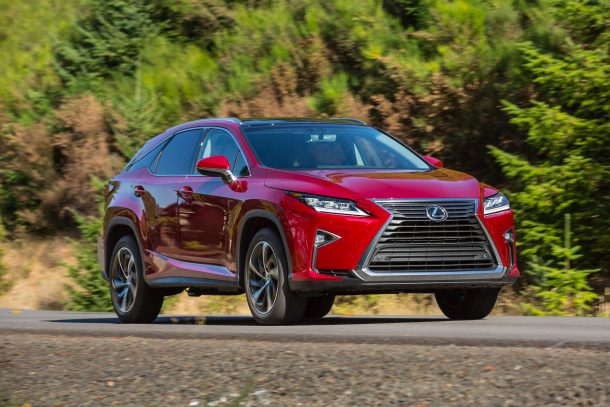

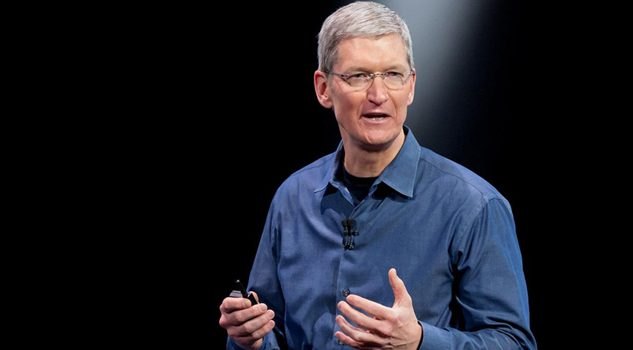


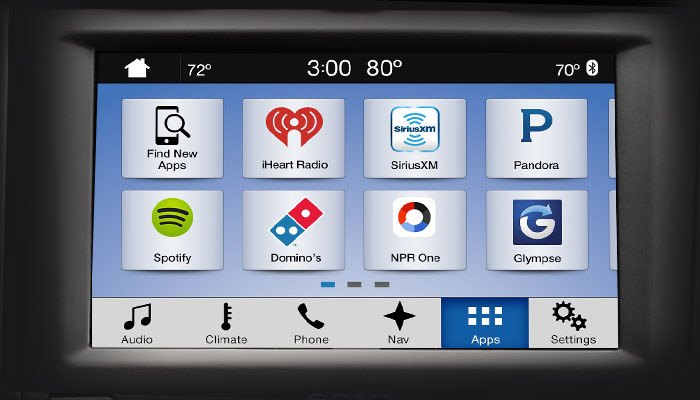
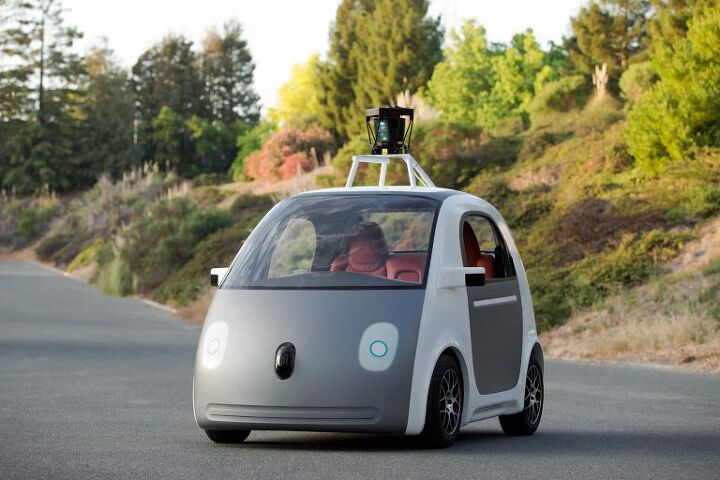












Recent Comments